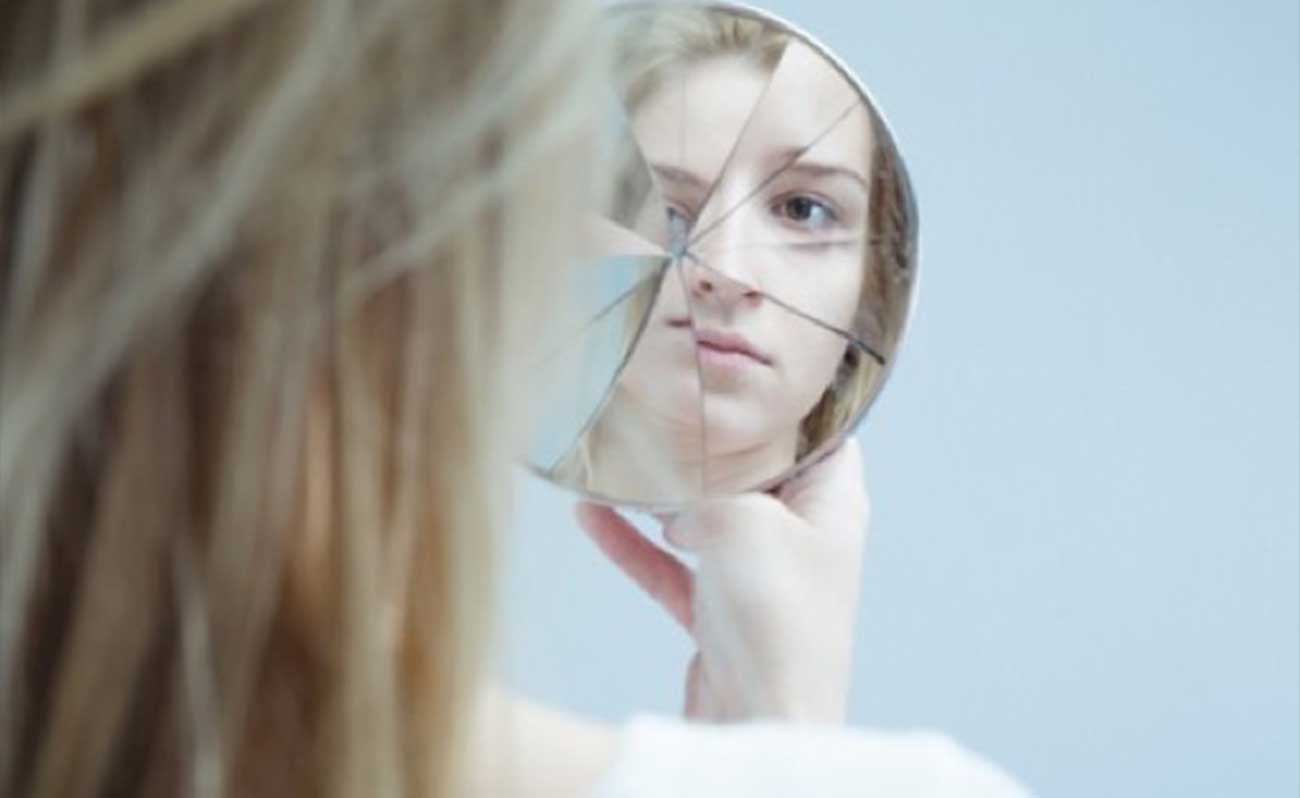
Facts About Post Partum Depression You Did Not Know
You have just entered a new phase of your life, parenthood.
The little bundle of joy in your hand is supposed to bring you a lot of happiness.
But instead, you feel sad and depressed. You do not feel like eating or sleeping and feel that you are a bad mother.
Does this sound familiar? Then you might be suffering from postpartum depression.
What Is Postpartum Depression?
Postpartum depression is a mental health condition that you experience after the birth of your baby.
Most women feel sad for a few days after the birth of the baby.
This is quite natural and goes away after a few days.
But if you experience sadness or depression for more than two weeks after your delivery, then, you are suffering from postpartum depression.
Those mothers who suffer from postpartum depression cannot connect with the baby.
Hence, they do not care or love the baby as they are supposed to be. This feeling of being unconnected can be mild or severe.
What Are The Causes Of Postpartum Depression?
Hormone change is considered to be the primary cause of postpartum depression.
When you are pregnant, estrogen and progesterone will be at the highest level in the body.
Soon after the delivery, the hormone level suddenly drops to the pre-pregnancy level.
This sudden drop in hormone levels is considered to be the cause of postpartum depression.
Another factor causing postpartum depression is the thyroid level in your body.
After delivery, the thyroid level in your body also drops.
This drop in the thyroid level can also cause postpartum depression.
Besides, various other factors like tiredness after delivery, stress, doubt about your ability to look after the baby,
and feeling less energetic and attractive can also make you depressed.
When Should You See A Doctor?
You should see a doctor if
- You feel depressed even after two weeks of delivery.
- The feeling of depression becomes more intense.
- You cannot do the basic things for your baby like feeding, bathing, and sleeping.
- You feel like hurting the baby or yourself.
Your doctor will examine you and, if needed, refer you to a mental health professional.
What Are The Treatments For Postpartum Depression?
- Therapy
During a therapy session, your therapist will talk to you about your feelings.
He will then provide you with ways to cope with depression and sadness.
You will be trained to deal with situations in a positive frame of mind.
Sometimes the doctor will also prescribe relationship and family therapy to deal with the situation.
- Medication
The most commonly used medication for postpartum depression is an anti-depressant.
These medicines are safe and can be taken even while breastfeeding.
Medicines can also be given as nasal spray and IV, but only under the supervision of the doctor.
Final Thought
According to WHO, 13% of women all over the world experience postpartum depression.
But the good news is that postpartum depression is treatable.
With good support from friends and family and through proper therapy and medication, a new mother can come out of this stage in no time.








